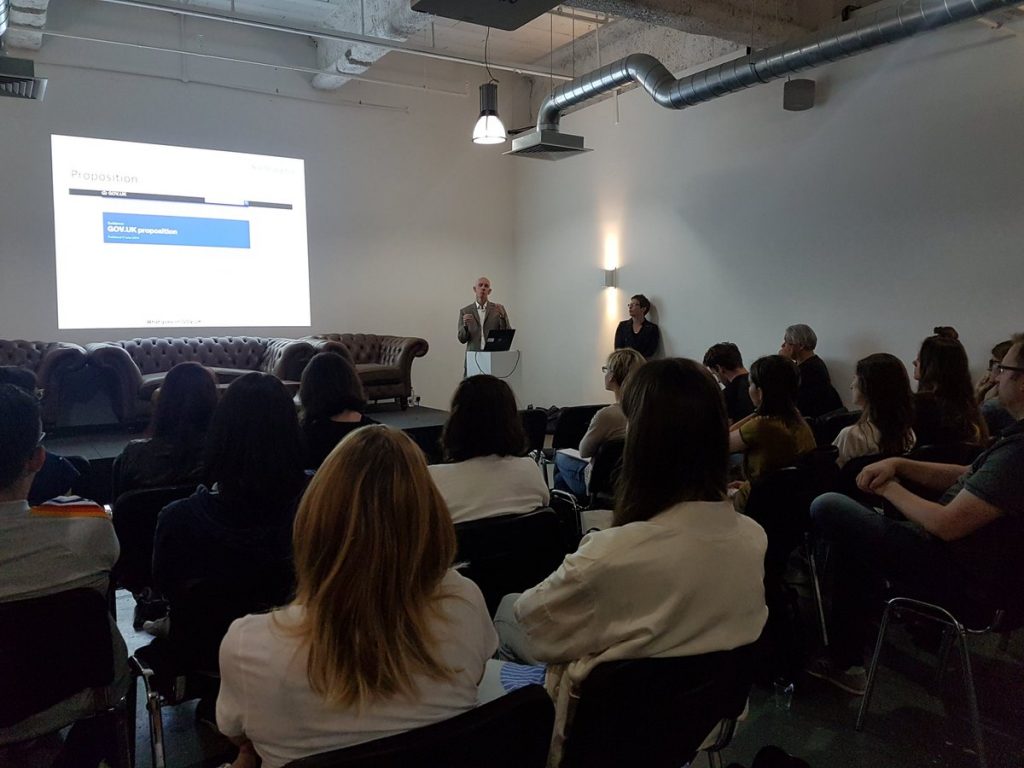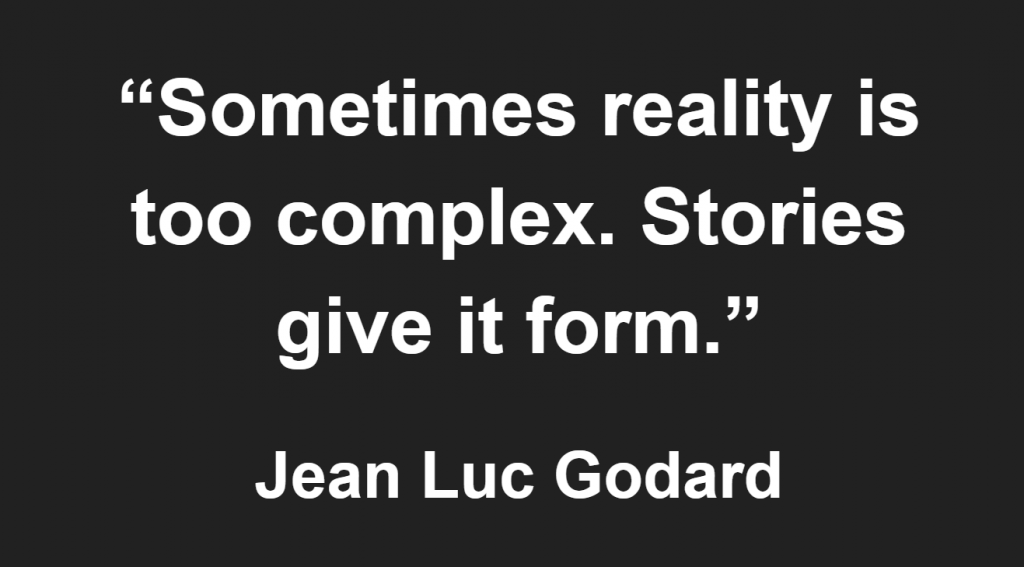Stories are powerful and spark emotions. As we dive in further into this project, and familiarise ourselves more and more with our external users, they become a vital part of the end product. More on this later in these notes.
What we’ve been working on and what we’ve learnt
This sprint included a lot of chunky tasks that we pushed forward from the previous couple of weeks. For the purpose of this pilot, user testing is going to be a vital element for validating some of the information we gathered at the user needs workshops last year. We are also gathering new information through user testing to inform the baseline of this project.
User research
Sprint 2 saw us completing our testing plan, and getting it signed off by Institutional Research (IR) and our external consultants from Scroll. This work will also help benchmark the new pages vs the old pages.
The user research is about getting a wider understanding of the (external) users of a service, or organisation. We need to learn more about their environment, their perspective, their pain points, and above all, what they need and want to do online. Explaining all of this clearly and accessibly is so important in getting our message across to the wider University community.
So why are we doing it?
Apart from having a better understanding of who is at the receiving end of our content, knowing our users better allows us to:
- make evidence-based business decisions
- build better and more accessible services online
- work more efficiently as an organisation
- build stronger relationships and connections with our stakeholders (eg subject experts) within the University
To this end, we’ve been setting up the tests in our user testing platform and have recruited participants that matched the relevant criteria. This process will continue into the next few sprints, because our testing is staggered and will take a number of weeks to complete.
Prototype content creation
We’ve also started to create the content for the prototypes. This is following the content audit that we carried out for the sample course pages. From the research IR have already shared with us, it is very clear that the current and next generation of students are looking for a compelling story to motivate them when making decisions about where and what to study. This is important for our project’s future outcomes.
Technical build
We also held our first technical call for the prototype pages. We need to make some decisions about how to best showcase the results in a visual way. As we have some User Experience (UX) expertise in-house, we have ensured that our Digital Marketing System Officer, Linden McKenzie and his team are on hand to advise and develop a suitable solution. More information on this in forthcoming sprints.
Booking the workshops, finalising SPOCs
Our project is short and fast, so to get all faculties involved, decisions need to be made quickly. We know that this can be hard in a big place like our university.
We would like to take this opportunity to thank the Faculty Academic Registrars (FARs) and their teams. It was really good and reassuring to get them all on board quickly as their support is vital for the success of this pilot.
Today (Friday) is the last opportunity for faculties and academic leads, or Director of Programmes (DoPs) to be part of the governance element of this pilot. Due to the speed of this project, we will only be able to work with faculties who have provided a Single Point of Contact (SPOC) and academic leads for us to work with and test the governance framework. However, we will still produce and test content for all the sample course pages that we selected.
Speaking to Content Strategy MA students from FH Joanneum University
In between the intensive deadlines of this (and other) projects, I found some time to go to London with Padma Gillen of Scroll to deliver a presentation about ‘making content strategy stick’. This is a MA course, one of only a handful like it in the world, and the academic lead made contact with us a while back after they heard through the grapevine what we’re up to.
We rubbed shoulders with the likes of GatherContent, Google, Facebook, Government Digital Service (GDS) to name but a few. We talked about the user needs approach and how positively it was received at the University, as well as the course pilot. The students will soon be graduating and moving into content teams of their own, I think they found a valuable lesson on the relationships between theory and practice!

Padma and me at #cos17 event
What we will be working on next
Our user research and testing is set to continue and we are also going to run some workshops with our Single Point of Contact (SPOCs), fact checkers and other interested parties.
We’ll be running a couple of workshops at 10am and 2pm on Thursday 17 May – they will consist of two parts:
- Part 1: Open to all who want to hear what we’ve learned and what we propose – it will be approximately half hour presentation followed by questions and answers.
- Part 2: just for the SPOCs (nominated by the FARs), and any fact checkers for the specific course pages, to be able to work with us on the governance model. We’re hoping for this part to be more interactive.
That’s it for this sprint. Thank you for reading and please get in touch with any questions.
